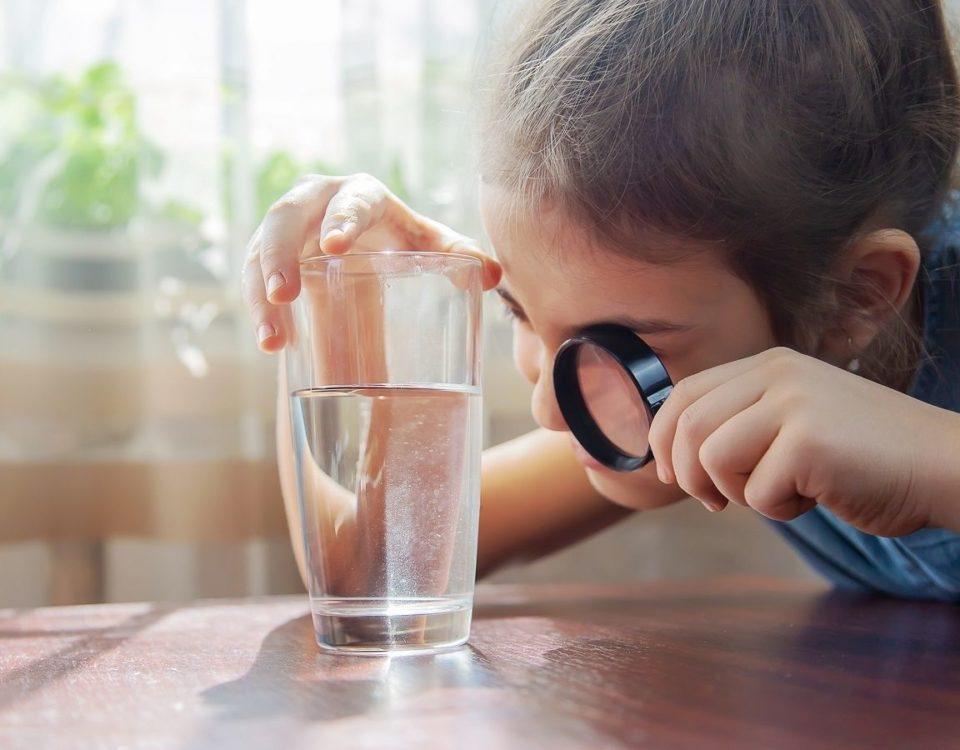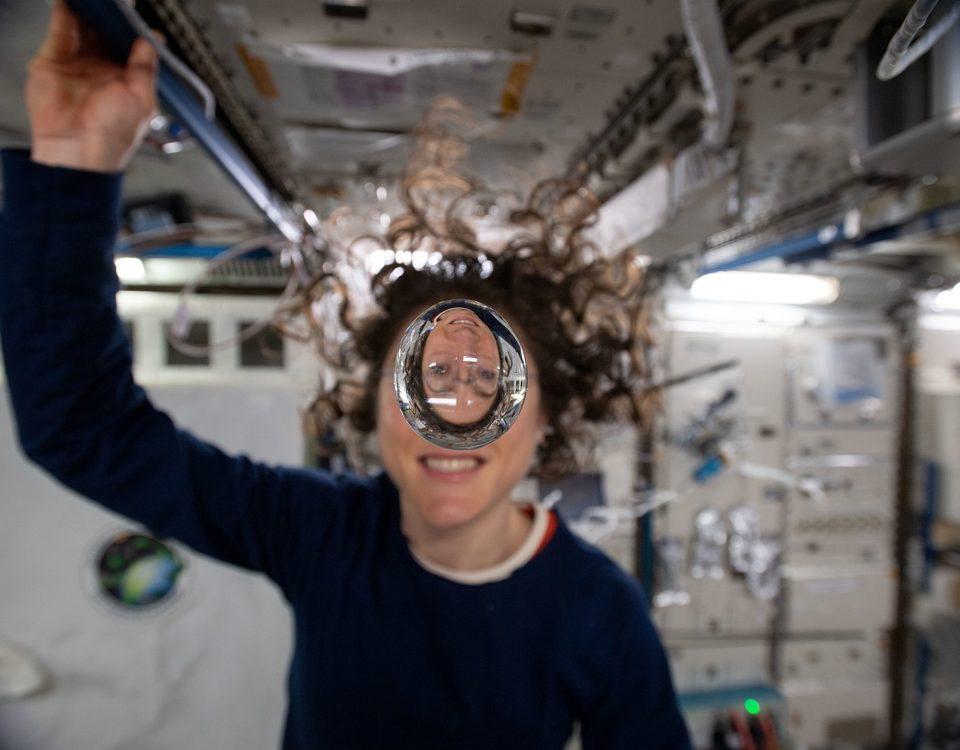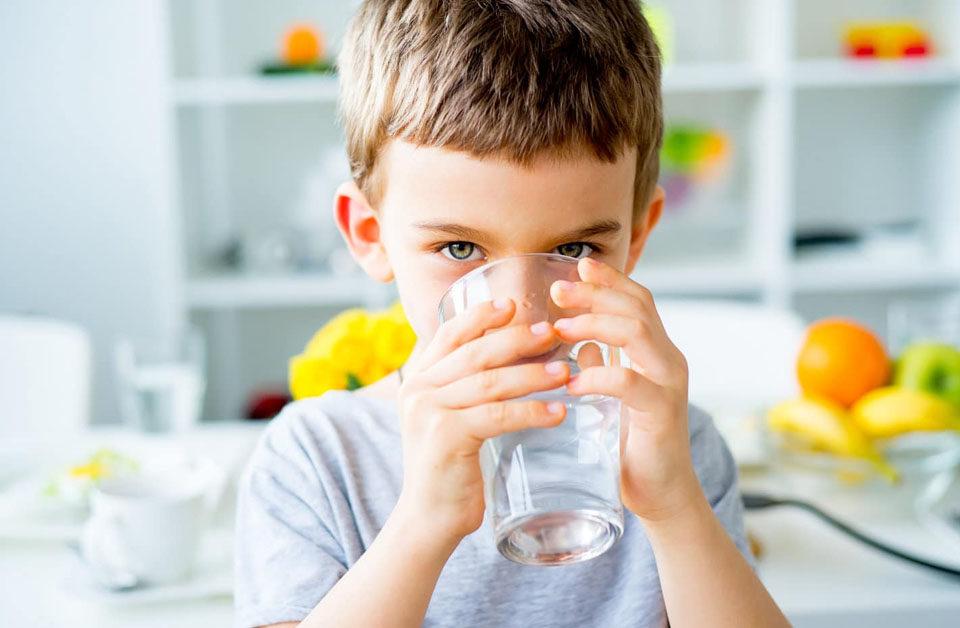Is tap water good enough to drink 2 litres a day?
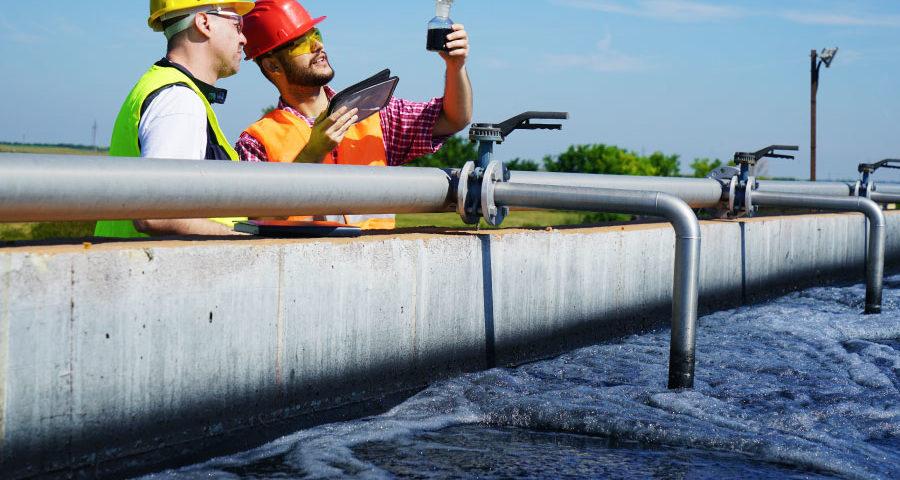
For a long time, tap water has had a poor reputation. Many people are reluctant to drink it, let alone 2 litres a day. However, the water quality is good in Belgium and in many other European countries. And yet, this quality remains relative...
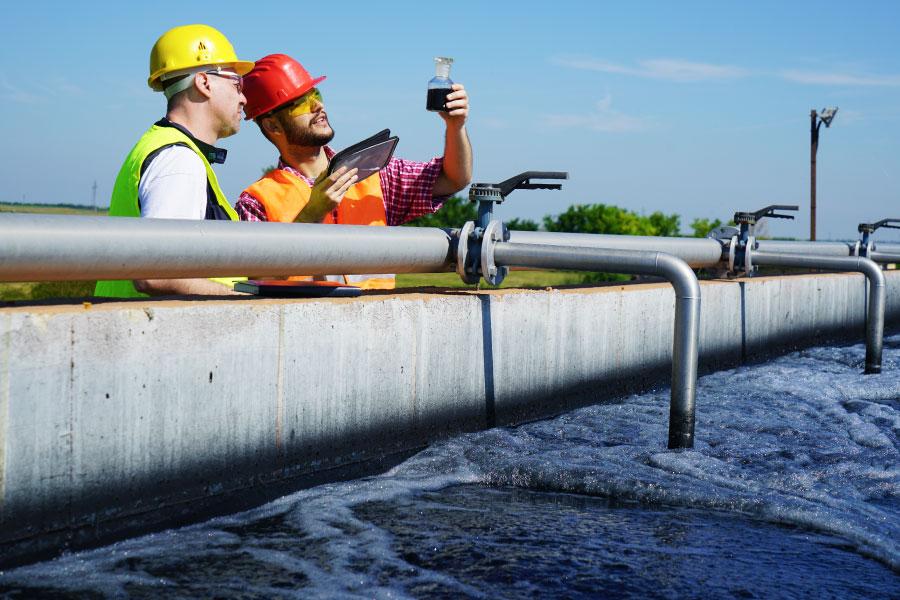
Tap water originates from groundwater, lakes or rivers. Before it reaches your tap, the water is treated, highly controlled and subject to strict standards.1
Lots of uncontrollable factors
Although this water is controlled upstream, it also passes through the pipes of old houses. Various elements can be added to the water and the moment it reaches the tap, it can contain a high level of various residues. On top of this, its taste varies depending on the distribution area.2,3
Limescale, the scourge of pipes and household appliances, is highly present in 70% of Belgium. The levels are between 3 and 4 times the ideal standards.4 Tap water also contains tiny quantities of bacteria, viruses, drug residues and pesticides or nitrates.
In order to remove organic pathogens, water is treated with chlorine. In some cases, this can precipitate trihalomethanes, which can cause bladder cancer.1,5 It is very difficult, however, to ensure the total absence of inorganic residues in your tap water, unless you opt for a purification system at the point of consumption. Indeed, it is useless to purify mains water to the extreme at its source, as it will become loaded with residues in the pipes. Besides, only 5% will be used as drinking or cooking water.
Tap water can contain between 250 and 600 mg/l of dry residues. It is generally less mineralised than bottled water and has less risk of excess minerals. But it is not recommended for pregnant women and babies.6
What are the solutions?
In conclusion, no water that is highly loaded with various residues is ideal, since the body will have to eliminate them.
Like air, which can be breathed in but which is not pure, drinking water is drinkable. Its composition, however, is highly irregular and depends on many factors. Pure water (purified or low mineral content) undoubtedly tastes much better and will clean and hydrate the body, without overloading the emunctories (organs that eliminate waste, such as the liver, kidneys, etc.).
Tap water is still the cheapest water and there are many technologies that can filter it. For example, reverse osmosis is the most effective solution for purifying water, eliminating over 90% of dry residues.
______________
1 https://www.levif.be/actualite/sante/pourquoi-tant-de-mefiance-envers-l-eau-du-robinet/article-normal-1297693.html?cookie_check=1636460826
2 https://www.7sur7.be/belgique/des-pesticides-interdits-depuis-40-ans-encore-presents-dans-le-corps-des-wallons~af9705ce/
3 https://www.lesoir.be/139810/article/2018-02-13/qualite-de-leau-la-sante-de-900000-belges-menacee-selon-la-commission-europeenne
4 https://www.rtbf.be/info/societe/onpdp/detail_adoucisseurs-d-eau-les-pieges-a-eviter?id=9899833
5 https://www.lemonde.fr/planete/article/2020/01/31/un-meilleur-traitement-de-l-eau-potable-pourrait-eviter-plus-de-2800-cancers-par-an-en-europe_6027952_3244.html
6 https://www.o25.eu/wp-content/uploads/2021/12/Quelle-eau-boire-Test-Achats-2008-3.pdf

